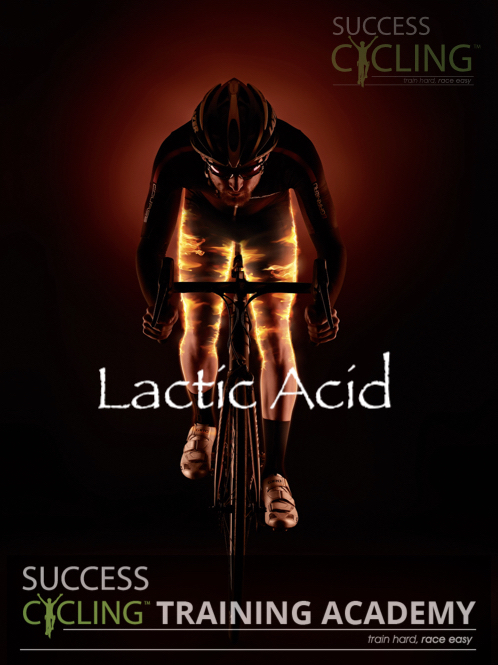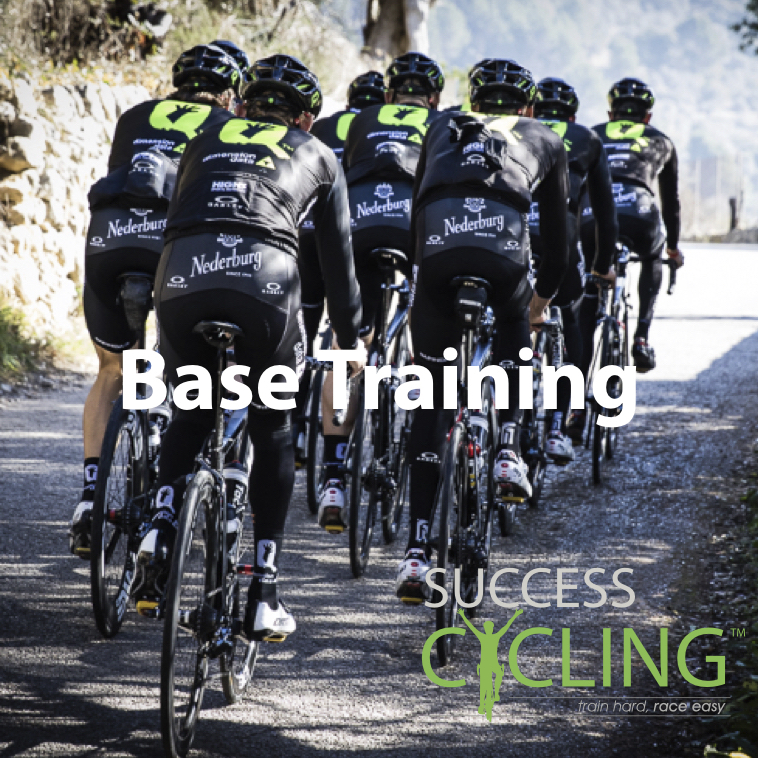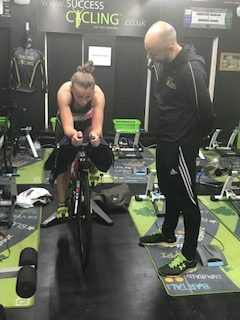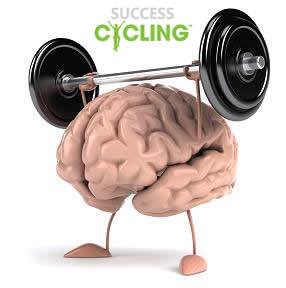Principles Of Training
- May 23, 2013
- Success Coach
- Fitness
- Image
- No Comments
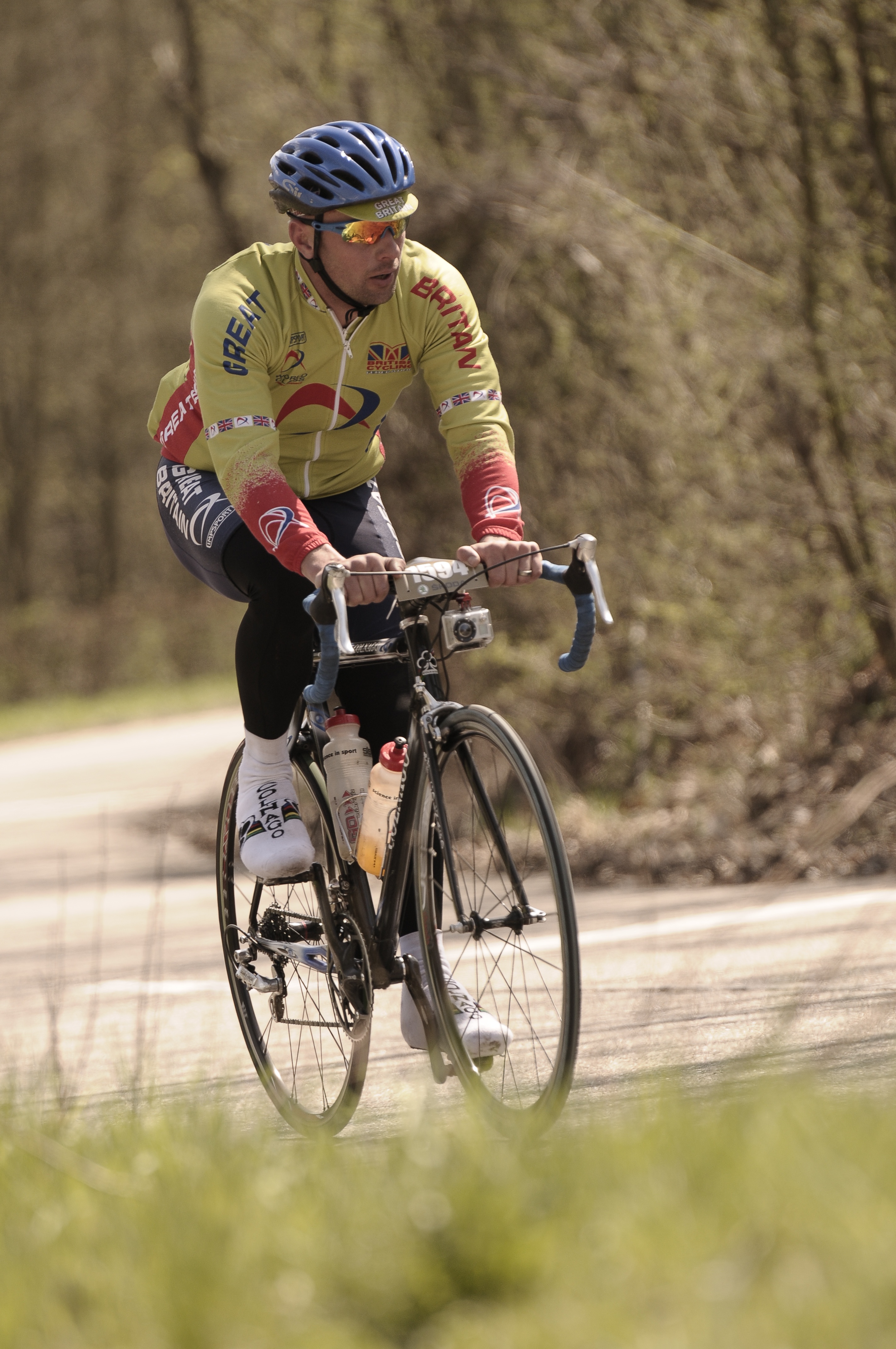
PRINCIPLES OF TRAINING
For any cycle training programme to be effective you need to follow some simple guidelines. Our five golden rules of cycle training can be applied to any level…
Specificity
Your body gets stronger through a simple process of adaption to the stresses of exercise upon it. When you exercise, your muscles are damaged slightly and there is a loss in performance capacity – the stage when you’re tired and your legs ache. Following recovery, your body overcompensates and gets stronger. Exercise forms a continuous cycle of natural breakdown and gain in performance capacity as your body adapts to the stress upon it. This is where specificity comes in – your body will only adapt to the stress you place on it. If strength stimuli are applied then only strength is improved; if endurance stimuli are applied, then only endurance is improved. Your body will only get stronger in the area where the stress is applied. There is no reason to expect training effects from one form of exercise to transfer to any other form of exercise. No matter how many times you flog yourself over, you’ll never be a sprinter unless you sprint.
Even more interesting is the research that says mixing your training doesn’t result in improvements. When training tasks vary and you don’t repeat one single type of stress the body tries to adapt to all the changing conditions. No specific training adaption occurs but general fatigue increases. If you train your endurance and your sprint in the same week you will end up exhausted but with no real improvement in either. This is the argument for periodised training where you focus on one specific element at a time.
The best description of the effect of mixing different types of training is, “mixed training produces mixed results”.
Overload
For your body to get stronger the training stress or load placed on it needs to be more than it can easily cope with to provide the stimulus for adaption to take place. In order for it to continue to get stronger the load needs to be continually upped every time the body has adapted. This doesn’t mean that you have to keep increasing the same activity in the same direction – eventually you will plateau, which is where the other rules of variety and progression come into play – but the body needs to be continually challenged with tasks it can’t easily meet.
Overload works for all areas of your fitness. For a muscle (including the heart) to increase in strength, it must be gradually stressed by working against a load greater than it’s used to. To increase endurance, muscles must work for a longer period of time than they are used to. If this stress is removed or decreased there will be a decrease in that particular component of fitness.
Recovery
During recovery the crucial stage of getting stronger occurs – adaptation. Adaptation is the way the body ‘programs’ muscles to remember particular activities, movements or skills. It is how your body uses the stress of overload to produce results. When you start a new form of exercise or start a particularly hard phase of your training you are likely to be sore, but after doing the same exercise for weeks and months there is little, if any, muscle soreness.
Adaptation happens over varying phases. If you do a bit of training but it is sporadic, it will improve your fitness but it won’t have any structural or functional effect in the long term unless you continue to exercise. As you progress and use overload techniques, your body will start to look more like that of a cyclist. You will be able to see it in the shape of your legs, but there will also be changes within your muscles and the way they function. By the time you have been cycling for many years or have reached an elite level you will have reached a phase of long-term adaptation where training has altered the body in both functional and structural ways. A final theory – not mentioned here – is reversibility. Not even long-term adaptation is permanent and without regular stimulus your cyclist’s body will revert back to being that of plain old Joe Bloggs.
Rates of Adaptation
Recovery and how it varies…
- Large muscles recover slower than small muscles
- Fast or explosive movements need more recovery than slow movements under load
- Fast-twitch (sprinting) muscles recover quicker than slow-twitch (endurance) muscles
- Older people need more recovery time than younger people
Variety
Your body thrives on new challenges. If you give it the same old training (even if that training follows the principles of overload and adaptation) you will get the same old results. Instead you should give your body different stresses but not – as we have seen above in ‘Specificity’ – at the same time.
Within a build-up to an event you will want to work on several areas of fitness – endurance and speed for example. Training them together is ineffectual, so a block of endurance work could be followed by a block of speed. This will prevent the dreaded plateau, where for all the extra overload you heap on, you don’t seem to see any new improvements.
Progression
Progression refers to the rate at which overload and adaptation is acquired. Too much too soon and your body will become fatigued and unable to adapt, too slow and you won’t stress your body enough to achieve the gains you want. Overload that is increased too rapidly will result in injury or muscle damage. If you are a weekend warrior who exercises vigorously only on weekends, you will find it hard to make the proper progression. Far better to exercise for the same number of hours but including some midweek sessions than pack it in at the weekend.
Progression includes proper rest and recovery, as continual exercise stress and constant overload will result in exhaustion and injury.
Leave a Comment cancel
This site uses Akismet to reduce spam. Learn how your comment data is processed.

